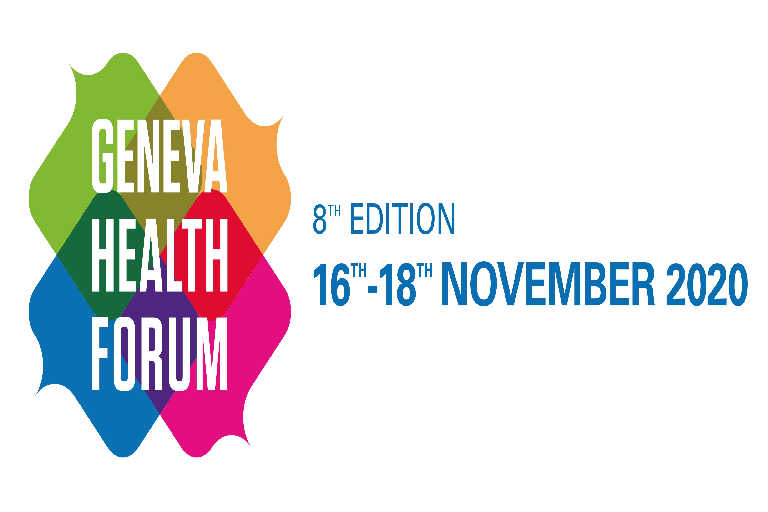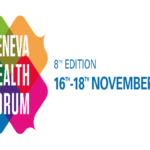ICD-10 has never been the most popular kid at the lunch table. Viewed as just another regulatory burden with no clear purpose and a huge price tag, physicians have been railing against the switch since the day it was announced. Experts have tried to clean up its image by praising the added specificity and granularity of the data that will result from the more than 140,000 codes, but it’s a hard sell to providers already drowning in EHR adoption, meaningful use, the ACA, and quality improvement reforms. Is ICD-10 worth it?
From a physician’s perspective, it doesn’t seem to make much sense,” said Juergen Fritsch, Chief Scientist at M*Modal, to HealthITAnalytics. “They’d have to buy in to the bigger premise about getting richer data and more fine grained data for billing purposes. But from a clinical perspective, I wouldn’t say it makes that much sense. For a physician, I can see why they struggle with that.”
For health information management professionals, ICD-10 is simply a necessity,
says Lynne Thomas Gordon, MBA, RHIA, FACH, CEO of AHIMA. “Let’s say you move to a new neighborhood, and you want to get a new telephone number. But they said, ‘We’re sorry, there’s no more room. You can just be grouped with your neighborhood, and we’ll call that one number if we want to get ahold of you.’ That’s kind of what’s happening with our system now, because we’ve run out of space,” she explains.
There is just no way for ICD-9 to accurately capture the advances of medicine from the past 30 years. There’s nowhere to put new codes in the existing structure. In order to track diagnoses and procedures for accurate reimbursements, the industry needs ICD-10. But will better billing translate into better analytics?
“ICD-10 will only give us minimal bang for the buck,”
argues Dan Riskin, MD, CEO and co-founder of Health Fidelity. “The challenge is not that we’re lacking granularity. Our weakness is not that for a femur fracture, we can’t tell left from right. When we’re looking at population management, it’s not that we believe the left femur fracture is so much different from the right.”
“Our weakness is that we don’t have a rational infrastructure. We’re starting, but we don’t have the breadth of content we need to adequately represent the patient. All we have is this tiny bit of claims data, but the best we’ve ever gotten is 20% of clinical information into claims data. So ICD-10 is trying to make that tiny bit of claims data just a little better.”
“It’s a larger set of codes than it used to be, so there’s definitely more value from an analytics perspective than ICD-9, but it’s still a limited, fixed set of codes that you have to pick from,” Fritsch adds. “So it’s the same problem that we had before. Sometimes you want to say something in a way that is not covered by ICD-10. You’re still going to make statements that are not relevant for ICD-10, so you need more. If you really want to do clinical analytics, it isn’t going to be sufficient to just use ICD-10 as a basis for that. You’re going to miss a lot of detailed information about the patient that’s not covered in ICD-10.”
“Of course, it’s a step up from using ICD-9 data in the past,” he acknowledges. “But it’s not something I would recommend to base your analytics capabilities off of. It’s one source of information, and you definitely want to include it in anything you do, but it’s not going to be sufficient to really get insights into your patients.”
Whether it will be a boon to analytics or not, ICD-10 has been federally mandated, and providers will need to prepare themselves for October 1, 2014 whether they like it or not. “What I find amazing is that there are still so many practices and groups out there that still haven’t invested anything, whether it’s technology or training, into ICD-10 yet,” Fritsch commented. “I’m not sure if they’re all banking on it being delayed further, but it’s surprising to me that there’s so little preparation happening still. Part of it certainly is that it’s hard for physicians to see the value in why they should do it.”
Post Views: 613






























